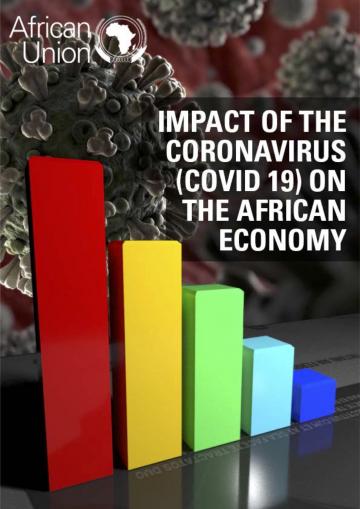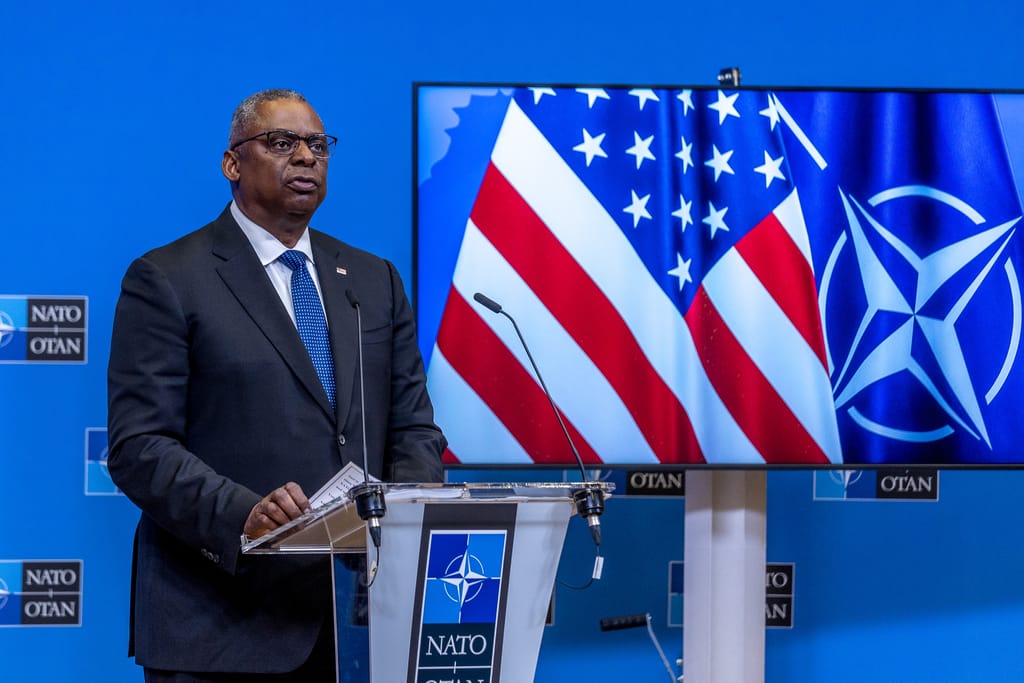Ethiopian Government and Tigray Rebels Are Set to Begin Peace Talks
https://static01.nyt.com/images/2022/10/24/world/24ethiopia-1new/24ethiopia-1new-moth.jpgDelegations from both sides have traveled to South Africa for the first formal negotiations since the civil war erupted nearly two years ago.





